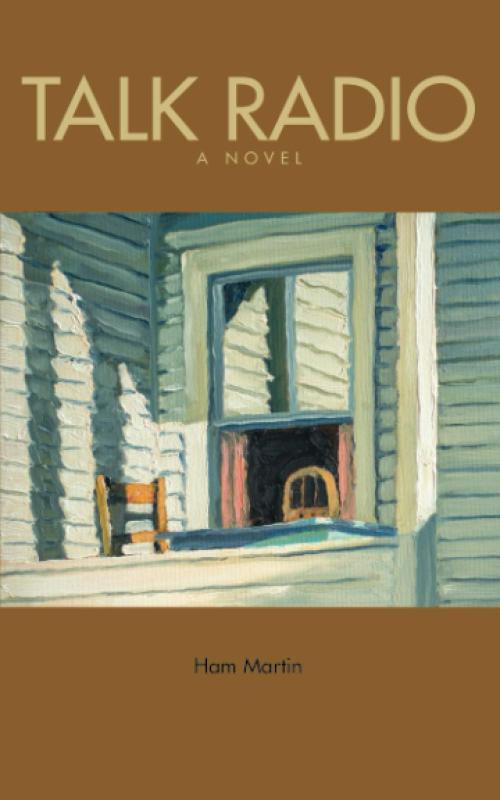‘Talk Radio:’ A story of reconciliation
Change does not always come easily.
That’s the lesson Massachusetts native Vivien Kindler has to learn in Ham Martin’s debut novel “Talk Radio,” when she replaces beloved radio host Fred Boyland in the small, fictional town of Frost Pound, Maine. Instead of discussing current events as her predecessor did, Vivien tries to learn more about the town’s citizens. She’s joined by a cast of regular callers: the gardener George the wielder, the old-fashioned Catholic Lady, the poet Brownie, and many more. But not all her callers are welcoming.
The novel is based on Martin’s experiences in the ’90s hosting a talk show in small town Putnam, Connecticut. Most of the book is written as a radio transcript, giving readers the impression they are listening along. Vivien becomes less of a protagonist and more of a vehicle for Frost Pound to share its stories.
I enjoyed the stories that captured the mysticism of Maine coastal life – the anecdotes that seem a little too incredulous – like the poem Brownie shares of an old lobster fisherman whose son had made his boat out of a hospital bed.
However, outside the radio sections, the book was sometimes hard to read. Another issue I had was that most characters had very similar speech patterns which affected their uniqueness. However, since “Talk Radio” is Martin’s debut novel, he has an opportunity to improve.
The book does have subtle plot progression with Vivien’s radio show becoming more popular, resulting in an eventual confrontation with her predecessor. The emotional climax isn’t obvious until the end when all the foreshadowing falls into place. Martin did a good job using the radio show’s closed environment and limited information to drop these hints.
This is why the ending was my favorite part. The novel breaks from its transcript format to show how Vivien’s program has affected the outside world. The emotional beats hit in a satisfying way and the characters involved reminded me of people in my life. It’s a story of misunderstanding and reconciliation.
My issue with the ending’s build-up is the scene between a teacher and her former student where it’s heavily implied she did (and still) has romantic feelings for him. That detail could have been excluded. Luckily, the novel doesn’t dwell on it, so my discomfort didn’t last long.
Event Date
Address
United States
























